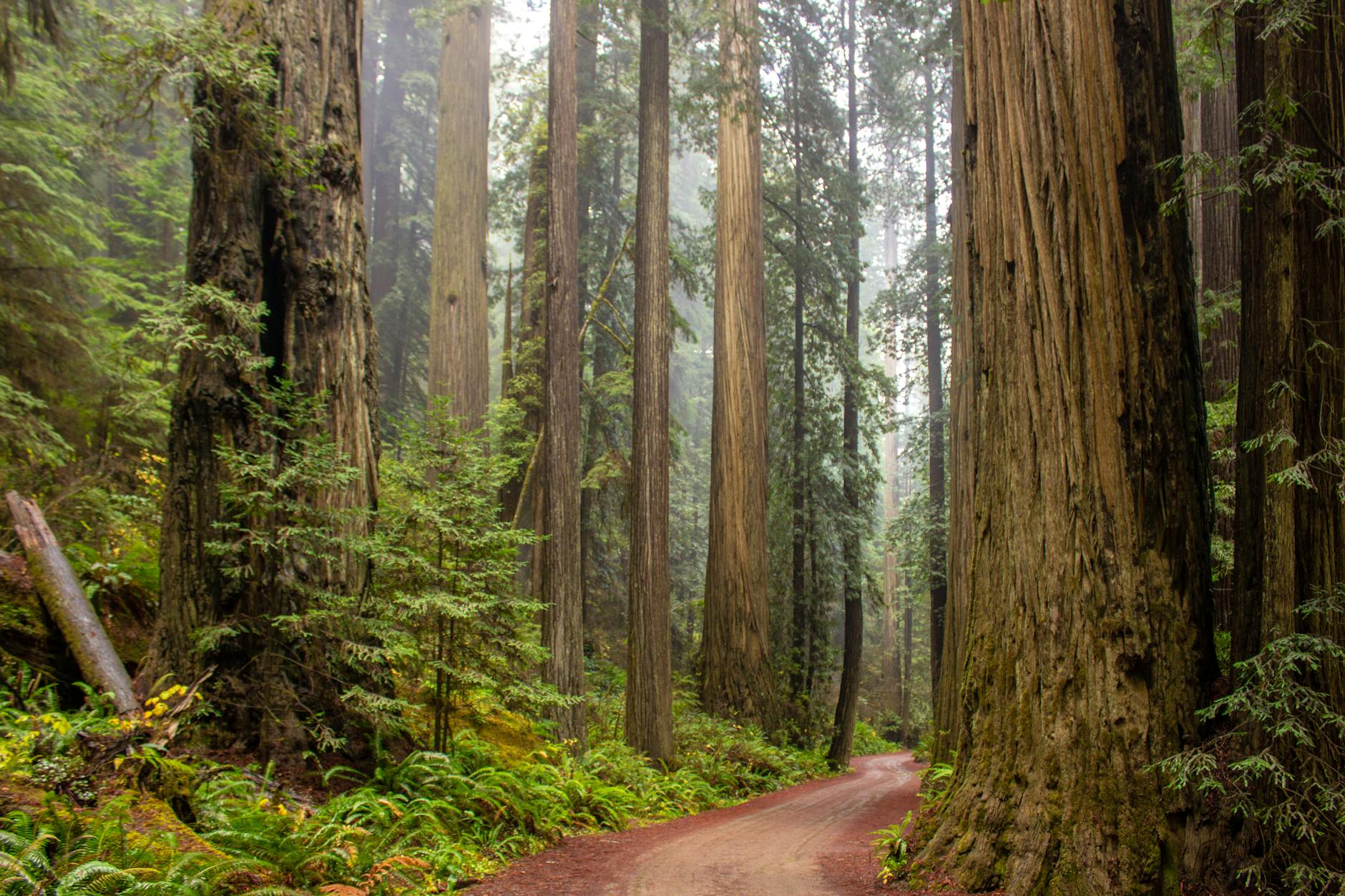How to Plan an Eco-Friendly Adventure in Australia for Nature Enthusiasts

Choose Sustainable Destinations
For travellers like you, engaged in protecting Earth's delicate ecosystems, choosing destinations that align with your eco-conscious values is important. One such must-visit is Peru, a nation famed for its rich biodiversity and iconic machu picchu tours. These tours offer more than just breathtaking views; they are also opportunities to witness the harmonious co-existence of ancient cultures and diverse flora and fauna. Tour operators in this region are increasingly adopting sustainable practices, from limiting visitor numbers to implementing conservation programmes.
In line with this, South Africa emerges as another sustainable destination, renowned for its exhilarating south africa safari experiences. These safaris are not just thrill rides; they embody a mission to fund conservation efforts and local community initiatives. Many tour companies commit to preserving habitats and provide safaris that focus on education and species protection, a testament to responsible wildlife tourism.
On a grander scale of untouched wilderness, arctic cruises beckon the adventurous spirit. These voyages shine a light on the vulnerability of polar ecosystems. Many operators now emphasize environmental stewardship through eco-friendly ship designs and rigorous waste management practices.
While considering these eco-conscious travel choices, it’s worth remembering Perth’s own Kings Park and Botanic Garden, a local emblem of biodiversity and conservation. It's inspiring to see how our travels can echo our commitment to preserving the beauty of nature.
Plan Eco-Conscious Activities
As a wildlife enthusiast from Perth, I've experienced the sheer joy that comes from engaging in eco-conscious activities, a joy that matches the delight I feel during a stroll in Kings Park and Botanic Garden. Planning activities that are both adventurous and environmentally friendly is crucial when exploring breathtaking destinations like Africa and the Galapagos. Whether you're embarking on a galapagos cruise or an africa safari, these adventures offer a rare opportunity to witness nature's marvels while supporting conservation efforts.
Guided Nature Tours
Guided nature tours are an excellent way to learn about local ecosystems and wildlife directly from experts who are passionate about their work. They provide insights into the environmental significance of the area and often collaborate with local conservation programs, such as those seen in Perth Zoo's successful conservation initiatives. A well-structured tour ensures you're contributing to sustainable tourism by following best practices that protect natural habitats.
Wildlife Observation Tips
For exhilarating wildlife encounters, remember to observe animals from a distance to minimize stress on them. Silence and patience are your best allies here, allowing you to discover hidden details in nature that might otherwise be missed. Guides will often share captivating real-world conservation stories that inspire a deeper appreciation for the species and ecosystems you're witnessing.
Low-Impact Outdoor Sports
Engaging in low-impact outdoor sports like kayaking or hiking leaves minimal environmental footprints, aligning perfectly with your commitment to sustainable travel. These activities allow you to explore beautiful landscapes without disrupting the natural order, ensuring that the stunning locations remain preserved for future generations.
Select Sustainable Transport Options
Public Transport and Biking
Venturing through any new city offers a unique charm when you dive into its rhythm, and often the most sustainable way to do so is by utilising public transport. Whether it's bustling through markets or weaving through alleys, many countries have developed robust systems tailored for eco-conscious tourists. For those who enjoy a bit of freedom and adventure, biking is a phenomenal choice. Not only does it reduce your carbon footprint, but it also allows you to engage with local wildlife, much like the same thrill you get walking through Perth's stunning Kings Park and Botanic Garden.
Eco-Friendly Car Rentals
For longer journeys where public transport may not suffice, consider eco-friendly car rentals. Opting for a hybrid or electric vehicle ensures you minimise emissions while exploring diverse landscapes. Incorporating real-world conservation stories, africa tours offer encounters with majestic wildlife where the vehicle you choose can directly impact these pristine environments. A rented hybrid car can deliver both an exhilarating and conscious driving experience.
Walking Trails and Paths
Exploring a destination on foot not only brings you closer to nature but also enhances your overall travel experience. Remarkable trails often hide breathtaking views of local flora and fauna, paralleling the enchantment found in the walking paths of Perth. When taking paths through biodiverse regions on south america tours, you're not merely travelling; you're participating in a grand tapestry of life. Whether it’s mingling with locals or observing unique wildlife habits, walking offers an intimate and sustainable way to connect with the world around you.
Choose Green Accommodations
Eco-Lodges and Campsites
As a wildlife enthusiast with a penchant for eco-friendly practices, I'm always on the lookout for ways to blend sustainability with immersive travel experiences. Eco-lodges and campsites allow travellers to connect intimately with nature while promoting conservation. For example, one of my favourite spots is a solar-powered eco-lodge nestled within native bushland, where you can listen to the symphony of nocturnal wildlife undisturbed by artificial lights. Accommodations like these often contribute to local conservation efforts, making it easier for you to harmonise your eco-conscious pursuits with your travel goals.
Standards for Green Hotels
When it comes to staying at hotels, I ensure they're committed to sustainability by checking for green certifications. Labels such as Green Star or the Global Sustainable Tourism Council indicate a hotel’s commitment to energy efficiency, waste reduction, and supporting local communities. Staying at a certified green hotel not only provides a comfortable base for explorations but also aligns with ethical travel choices, allowing me to explore destinations, like those visited during south american tours, with peace of mind.
Home-Stays and Farm Stays
There's something profoundly gratifying about staying with locals in home-stays or farm stays, where I often feel like I'm nurturing an intrinsic connection with the land and its people. These accommodations provide insights into sustainable living practices, very much like the Perth Zoo conservation programs, where you can learn firsthand the importance of preserving our natural habitats. While you're there, you're likely to hear stories of conservation efforts similar to those seen in south africa tours, enhancing your understanding of global environmental challenges and efforts.
Eco-Friendly Touring Best Practices
Waste Reduction Techniques
On our eco-travels, reducing waste isn't just a recommendation—it's a commitment to Mother Nature. I remember a chat over a cuppa with a fellow conservationist at the Perth Zoo conservation programs, where we shared tips on minimizing our ecological footprint. First, embrace reusable items: water bottles, bags, and cutlery. Not only do they cut down on single-use plastics, but they also come in handy during spontaneous picnics at Kings Park and Botanic Garden. Additionally, be mindful of your digital footprint by downloading maps and guides instead of hoarding printouts.
Support Local Conservation Efforts
While exploring the breathtaking expanses of Western Australia, it’s vital to support initiatives that align with eco-conscious values. Joining efforts like the Cottesloe Beach marine conservation projects can be incredibly rewarding. Purchasing local crafts and products not only supports the eco-friendly tourism industry but also ensures that your dollars are fuelling local economies. Moreover, volunteering a few hours at the Perth Zoo conservation programs or simply learning about their groundbreaking projects can deepen your connection with Australia's unique wildlife.
Eco-Friendly Packing Tips
Packing can be more than just practical—it can reflect our commitment to sustainability. I often pack lightweight and versatile clothing that can easily adapt to the sun-dappled trails or a laid-back brunch back in the city. I make sure my backpack includes eco-friendly toiletries that don’t harm our fragile ecosystems. It’s a bit of prep that offers peace of mind. Remember, each choice we make, even as small as what's in our bag, can make a massive impact on the environment.


